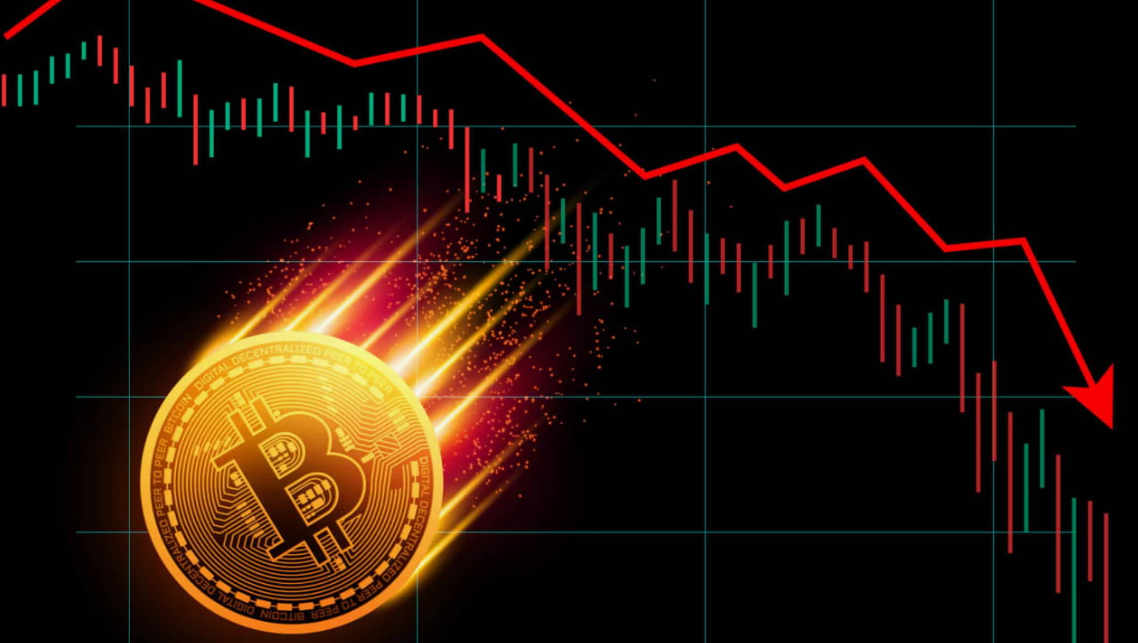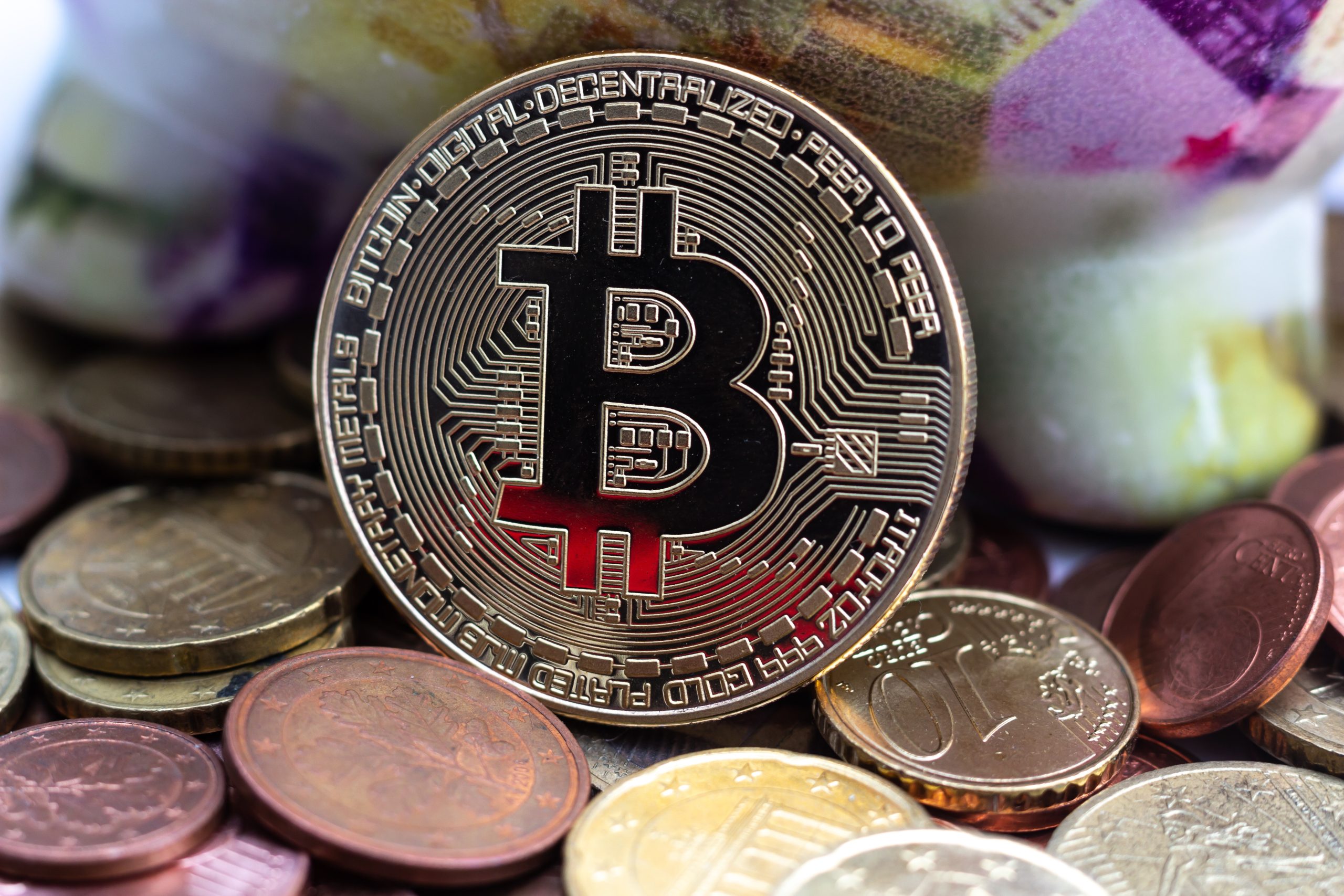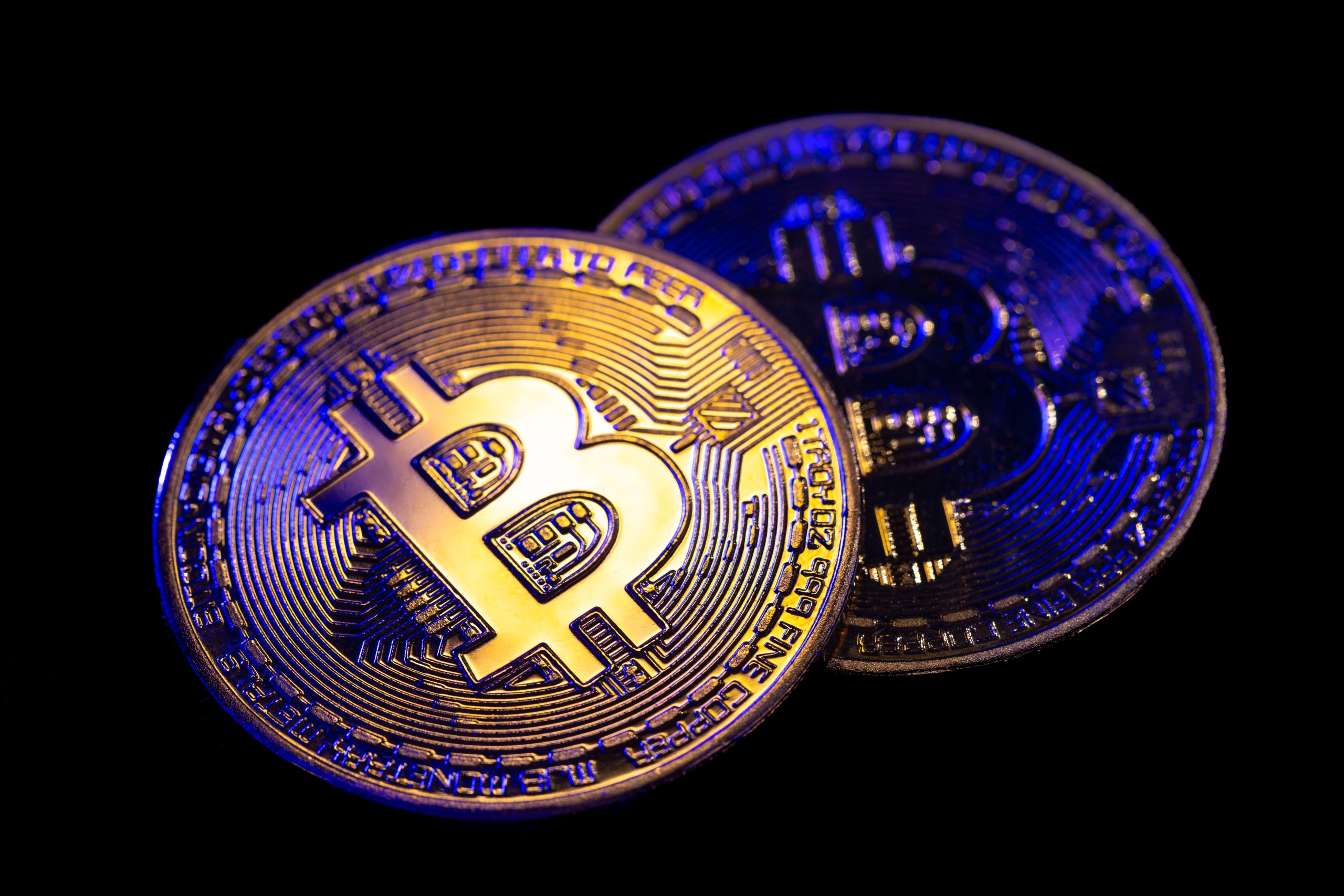What Are Digital Currencies?
Alright, let’s start with the basics. So, what exactly are digital currencies? Simply put, they’re forms of money that exist only in digital form. Unlike the cash in your wallet, you can’t touch or see them physically. Digital currencies use something called blockchain technology to secure transactions and control the creation of new units. Think of blockchain as a super-secure digital ledger that keeps track of all transactions.
Types of Digital Currencies
There are a few different types of digital currencies out there:
- Cryptocurrencies: These are the most popular digital currencies, like Bitcoin and Ethereum. They use cryptography for security.
- Stablecoins: These are tied to traditional currencies like the US dollar to reduce volatility. Examples include Tether (USDT) and USD Coin (USDC).
- Central Bank Digital Currencies (CBDCs): These are digital versions of a country’s official currency, issued and regulated by the central bank. For example, China is working on its digital yuan.
The Birth of Digital Currencies
The story of digital currencies really kicked off in 2009 with the creation of Bitcoin by an anonymous person or group known as Satoshi Nakamoto. Bitcoin was the first cryptocurrency and introduced the world to the idea of decentralized digital money. Unlike traditional currencies controlled by governments, Bitcoin operates on a peer-to-peer network, meaning no single entity has control over it.
Why Bitcoin Matters
Bitcoin wasn’t just about creating a new type of money. It was about solving some big problems with traditional financial systems:
- Decentralization: No need for banks or middlemen.
- Transparency: Every transaction is recorded on the blockchain and is visible to everyone.
- Security: Advanced cryptography makes it super hard for anyone to tamper with the transactions.
The Rise of Altcoins
After Bitcoin paved the way, a whole bunch of other cryptocurrencies, known as altcoins, started popping up. These altcoins aimed to improve on Bitcoin or serve different purposes. Some of the big names include:
- Ethereum: Introduced the concept of smart contracts, which are self-executing contracts with the terms directly written into code.
- Ripple (XRP): Focuses on enabling real-time cross-border payments for banks.
- Litecoin: Created as the “silver to Bitcoin’s gold,” offering faster transaction times.
The ICO Boom
In 2017, the cryptocurrency world saw a massive surge in Initial Coin Offerings (ICOs). ICOs are a way for new projects to raise funds by selling their own digital tokens. It was a crazy time with lots of excitement and some wild price jumps. However, not all ICOs were legitimate, leading to increased scrutiny and regulation in the following years.
Blockchain Beyond Currency
While digital currencies are a big part of the blockchain story, the technology itself has so much more to offer. Here are some cool ways blockchain is being used beyond just money:
Supply Chain Management
Blockchain can track products from their origin to the final destination. This is super helpful for ensuring the authenticity of products and preventing fraud. Imagine being able to trace where your coffee beans came from all the way to your morning cup!
Healthcare
In healthcare, blockchain can securely store patient records, making it easier for different providers to access and update information without compromising privacy.
Voting Systems
Blockchain can make voting more secure and transparent. Imagine being able to vote online without worrying about your vote being tampered with or your identity being stolen.
Smart Contracts
These are self-executing contracts with the terms directly written into code. They automatically execute when certain conditions are met, reducing the need for intermediaries and speeding up processes.
The Impact of Digital Currencies
Digital currencies have been shaking things up in the financial world. Here’s how they’re making an impact:
Financial Inclusion
Not everyone has access to traditional banking systems. Digital currencies can provide financial services to people who are unbanked or underbanked, especially in developing countries.
Lower Transaction Costs
Without the need for banks or middlemen, transaction fees can be significantly lower. This is great for international transfers, which usually come with high fees.
Investment Opportunities
Cryptocurrencies have become a popular investment choice. People are investing in Bitcoin, Ethereum, and other digital currencies hoping to make a profit as their values increase.
Challenges and Risks
Of course, it’s not all sunshine and rainbows. Digital currencies come with their own set of challenges and risks:
- Volatility: Prices can swing wildly, making them risky investments.
- Regulatory Uncertainty: Governments are still figuring out how to regulate digital currencies, which can create uncertainty.
- Security Concerns: While blockchain is secure, exchanges and wallets can be hacked if not properly secured.
- Environmental Impact: Cryptocurrency mining, especially for Bitcoin, consumes a lot of energy, raising environmental concerns.
The Future of Digital Currencies
So, what’s next for digital currencies? The future looks pretty exciting with lots of potential developments:
Increased Adoption
More businesses and institutions are starting to accept digital currencies as a form of payment. This increased adoption will likely drive their mainstream acceptance.
Technological Advancements
Blockchain technology is continuously evolving. Innovations like proof-of-stake, layer 2 solutions, and decentralized finance (DeFi) are making digital currencies more efficient, scalable, and user-friendly.
Regulatory Clarity
As digital currencies become more mainstream, governments are developing clearer regulations. This will help legitimize digital currencies and provide more protection for investors.
Integration with Traditional Finance
We’re seeing more integration between digital currencies and traditional financial systems. Banks and financial institutions are exploring ways to incorporate cryptocurrencies into their services, making it easier for people to use them.
Central Bank Digital Currencies (CBDCs)
Many countries are working on their own digital currencies. CBDCs could revolutionize the way we handle money, offering the benefits of digital currencies while maintaining the stability of traditional currencies.
How to Get Involved with Digital Currencies
If you’re excited about the future of digital currencies and want to get involved, here are some simple steps to get started:
Educate Yourself
Before diving in, it’s important to understand what you’re getting into. There are tons of resources available online, from articles and videos to courses and webinars. Knowledge is power, especially in the digital currency world.
Choose a Reliable Platform
To buy, sell, or trade digital currencies, you’ll need to use a reliable platform. Fxpricing is a great option! They offer real-time and historical data for cryptocurrencies, forex, stocks, and commodities. With live rates and charts, Fxpricing makes it easy to stay on top of the market.
Start Small
It’s wise to start with a small investment until you get the hang of things. Digital currencies can be unpredictable, so only invest what you can afford to lose.
Diversify Your Portfolio
Don’t put all your eggs in one basket. Diversify your investments across different digital currencies to spread out the risk.
Stay Updated
The digital currency market moves fast. Stay updated with the latest news, trends, and regulatory changes. Fxpricing provides news updates and market analysis to help you make informed decisions.
The Role of Fxpricing in Digital Currencies
Let’s talk a bit about Fxpricing and how it fits into the digital currency ecosystem. Fxpricing is a comprehensive financial data provider that offers real-time and historical data for forex, cryptocurrencies, stocks, and commodities. Here’s why Fxpricing is a game-changer:
Real-Time Data and Live Charts
With Fxpricing, you get access to live rates and charts, allowing you to monitor the market in real-time. This is crucial for traders who need up-to-the-minute information to make quick decisions.
APIs for Easy Integration
Fxpricing offers APIs that make it easy to integrate their data into your trading platforms and financial applications. Whether you’re a developer or a trader, this seamless integration can enhance your trading experience.
Customizable Dashboards
Everyone likes things their way, right? Fxpricing allows you to customize your dashboards to display the information that matters most to you. Whether you’re tracking specific digital currencies or monitoring multiple markets, you can tailor your dashboard to fit your needs.
Market Analysis and News Updates
Staying informed is key in the fast-paced world of digital currencies. Fxpricing provides market analysis and news updates to keep you in the loop. This helps you make informed decisions based on the latest market trends and events.
Economic Calendar
An economic calendar is essential for tracking important events that could impact the markets. Fxpricing’s economic calendar helps you stay ahead by keeping track of key dates and events.
Partnerships and Collaborations
Fxpricing has established partnerships with key players in the financial markets, including brokers, exchanges, data providers, and financial institutions. These collaborations ensure that Fxpricing offers reliable and extensive market coverage, making it an essential tool for traders, investors, developers, and financial institutions.
Personal Insights: My Journey with Digital Currencies
Let me share a bit about my own experience with digital currencies. When I first heard about Bitcoin, I was like, “Is this just another tech fad?” But the more I dug into it, the more I realized its potential. Here’s what I found:
The Power of Decentralization
One thing that really struck me is the idea of decentralization. No single entity controlling everything? That’s pretty empowering. It gives people more control over their own money and reduces the reliance on traditional banking systems.
Endless Innovation
The digital currency space is constantly evolving. New projects and technologies keep popping up, each with its own unique take on how to use blockchain. This constant innovation keeps things exciting and ensures that there’s always something new to learn.
Building Trust Through Transparency
In a world where trust is often in short supply, digital currencies offer a way to build it through transparency. Knowing that transactions are recorded and can’t be easily altered gives a sense of security that’s hard to find elsewhere.
Critical Analysis: Balancing Excitement with Caution
While I’m super excited about digital currencies, it’s important to keep a balanced view. Here are some things to consider:
Regulatory Challenges
Regulations are still catching up with digital currency technology. Different countries have different rules, and this can create confusion and barriers to adoption. It’s crucial for regulators to find a balance that protects users without stifling innovation.
Scalability Issues
Digital currency networks can get bogged down as more users join. This can lead to slower transaction times and higher fees. However, ongoing advancements like layer 2 solutions are helping to address these issues.
Security Risks
While blockchain itself is secure, the platforms and exchanges where you interact with digital currencies can be vulnerable to hacks and scams. It’s important to use reputable services and take steps to protect your investments.
Environmental Concerns
Digital currency mining, especially for Bitcoin, can consume a lot of energy. This has raised environmental concerns. Luckily, many new projects are focusing on more sustainable practices, like using proof-of-stake instead of proof-of-work.
Hypothetical Scenario: Digital Currencies in 2030
Let’s have a little fun and imagine what the digital currency landscape might look like in 2030:
Universal Acceptance
By 2030, digital currencies could be a standard part of our daily lives. From paying for coffee to securing medical records, digital currencies and blockchain technology are everywhere, making transactions seamless and secure.
Advanced Smart Contracts
Smart contracts have become even smarter and more versatile. They’re used in everything from automated insurance claims to complex legal agreements, reducing the need for intermediaries and speeding up processes.
Sustainable Digital Currencies
With the push for sustainability, digital currency networks have adopted greener technologies. Most mining operations now run on renewable energy, significantly reducing their environmental impact.
Enhanced Privacy
Privacy features have been enhanced, allowing users to have more control over their personal data while still enjoying the transparency and security that digital currencies offer.
Global Financial Inclusion
Digital currencies have played a major role in financial inclusion, providing access to financial services for people in developing countries who were previously underserved by traditional banking systems.
Quotes from Industry Leaders
To give you a better perspective, here are some insightful quotes from industry leaders:
“Bitcoin is not just a currency, it’s a movement towards a decentralized future.” – Andreas Antonopoulos
“Blockchain technology is the future, not only for cryptocurrency but for the entire industry.” – Marc Andreessen
“Digital currencies have the potential to reshape the global financial system.” – Cathy Wood
How Fxpricing Supports Your Digital Currency Journey
As you dive deeper into the world of digital currencies, having the right tools can make all the difference. Here’s how Fxpricing can support you:
Comprehensive Market Data
Fxpricing provides comprehensive market data for digital currencies, forex, stocks, and commodities. Whether you’re tracking Bitcoin or monitoring forex rates, Fxpricing has you covered.
Real-Time and Historical Data
Access both real-time and historical data to make informed decisions. Analyze past trends and stay updated with the latest market movements.
Customizable Dashboards
Create personalized dashboards that display the information you need most. Whether you’re a trader looking for live crypto rates or an educator tracking market trends, Fxpricing allows you to customize your view.
Easy Integration
With Fxpricing’s APIs, integrating market data into your platforms is a breeze. Whether you’re developing a trading app or adding live rates to your website, Fxpricing makes it easy.
Reliable and Accurate Data
Trust in Fxpricing’s data, sourced from leading financial institutions, central banks, and market data providers. Accurate and reliable data is crucial for making sound financial decisions.
Market Analysis and News
Stay ahead with Fxpricing’s market analysis and news updates. Get insights from experts and keep up with the latest developments in the digital currency world.
FAQs
1. What are digital currencies?
Digital currencies are forms of money that exist only in digital form. They use blockchain technology to secure transactions and control the creation of new units.
2. How do digital currencies work?
Digital currencies work by using blockchain technology, which is a decentralized digital ledger that records all transactions across a network of computers. This ensures transparency and security.
3. What is the difference between cryptocurrency and digital currency?
Cryptocurrency is a type of digital currency that uses cryptography for security and operates on a decentralized network. Not all digital currencies are cryptocurrencies; for example, Central Bank Digital Currencies (CBDCs) are digital forms of a country’s official currency.
4. Why are digital currencies important?
Digital currencies offer several benefits, including financial inclusion, lower transaction costs, increased transparency, and the ability to facilitate secure and fast transactions without the need for intermediaries.
5. How can I start investing in digital currencies?
To start investing in digital currencies, educate yourself about the market, choose a reliable platform like Fxpricing, start with a small investment, diversify your portfolio, and stay updated with the latest news and trends.
6. What are the main challenges facing digital currencies?
The main challenges include regulatory uncertainty, market volatility, security risks, scalability issues, and environmental concerns related to energy consumption in mining.
7. How does Fxpricing help with digital currencies?
Fxpricing provides real-time and historical data for digital currencies, live charts, customizable dashboards, market analysis, news updates, and APIs for easy integration. These tools help traders, investors, and financial professionals make informed decisions in the digital currency markets.
8. What is blockchain technology?
Blockchain technology is a decentralized digital ledger that records transactions across multiple computers. It ensures data security and transparency by making it difficult to alter information once it’s recorded.
9. What are smart contracts?
Smart contracts are self-executing contracts with the terms directly written into code. They automatically execute when certain conditions are met, reducing the need for intermediaries and speeding up processes.
10. What is the future of digital currencies?
The future of digital currencies looks promising with increased adoption across various industries, technological advancements, regulatory clarity, integration with traditional finance, and the development of Central Bank Digital Currencies (CBDCs).





